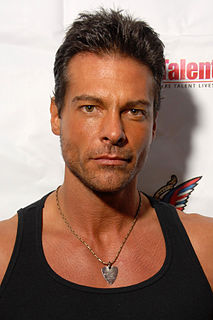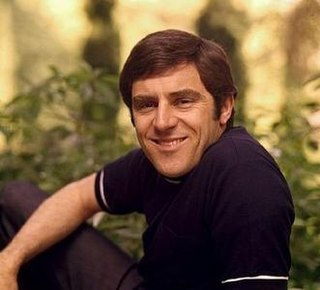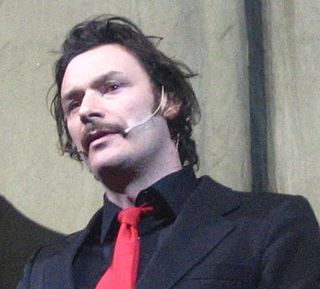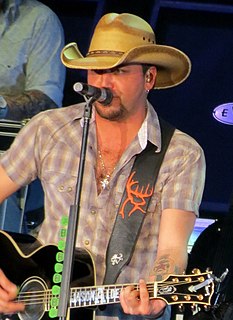A Quote by Drew Goddard
I think audiences crave something new. I don't think audiences want the same old thing, no matter how much conventional Hollywood tells you that.
Related Quotes
What happens is people - especially, I think, audiences in the United States - people confront new things a little bit afraid. It's like when you're a kid and your mother puts something on your plate you never ate before. I think that American audiences are very much like that, and when they can accept something new they can accept the next new thing, it's incredible. And what happens is that their expectation of what things should be is elevated, and that's really terrific for us.
I think the painted backgrounds in animations are absolutely stunningly beautiful. There's something really special about this medium. I don't believe audiences have grown past it. I think what audiences love is to be entertained-thoroughly, deeply entertained, and that's what I've always set out to do.
If it's too much for people, if audiences don't accept it, well I guess that's just the way it is. I'm not being cavalier when it comes to my financial partners, but I think I've earned the right to do my thing my way. While I really want it to do well and it would be lovely if it's popular, movies are for a long time. I'm really proud of the piece. If it ends up not connecting with audiences, I won't be heartbroken. I'll be a little disappointed, but I won't be heartbroken.




































